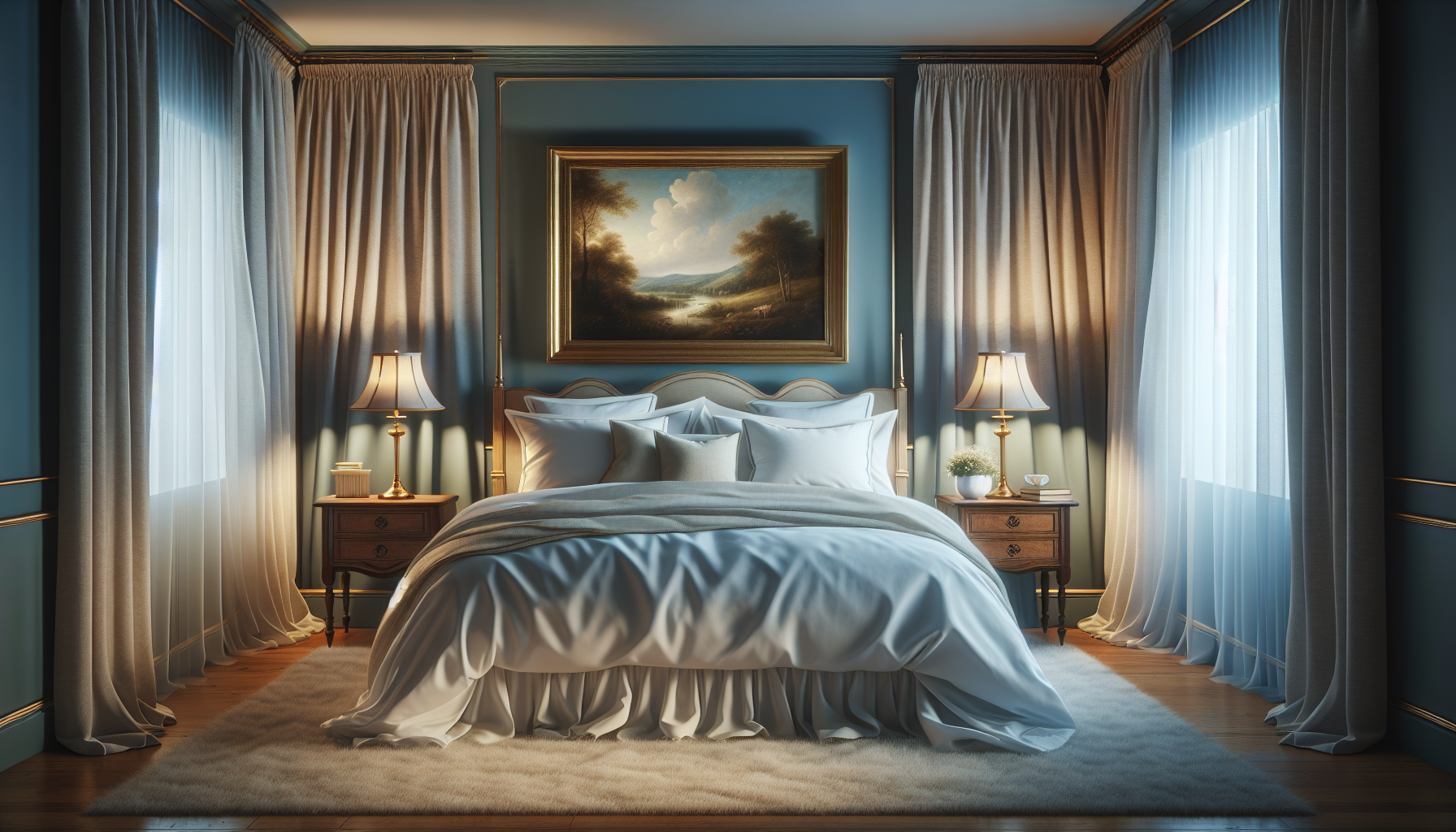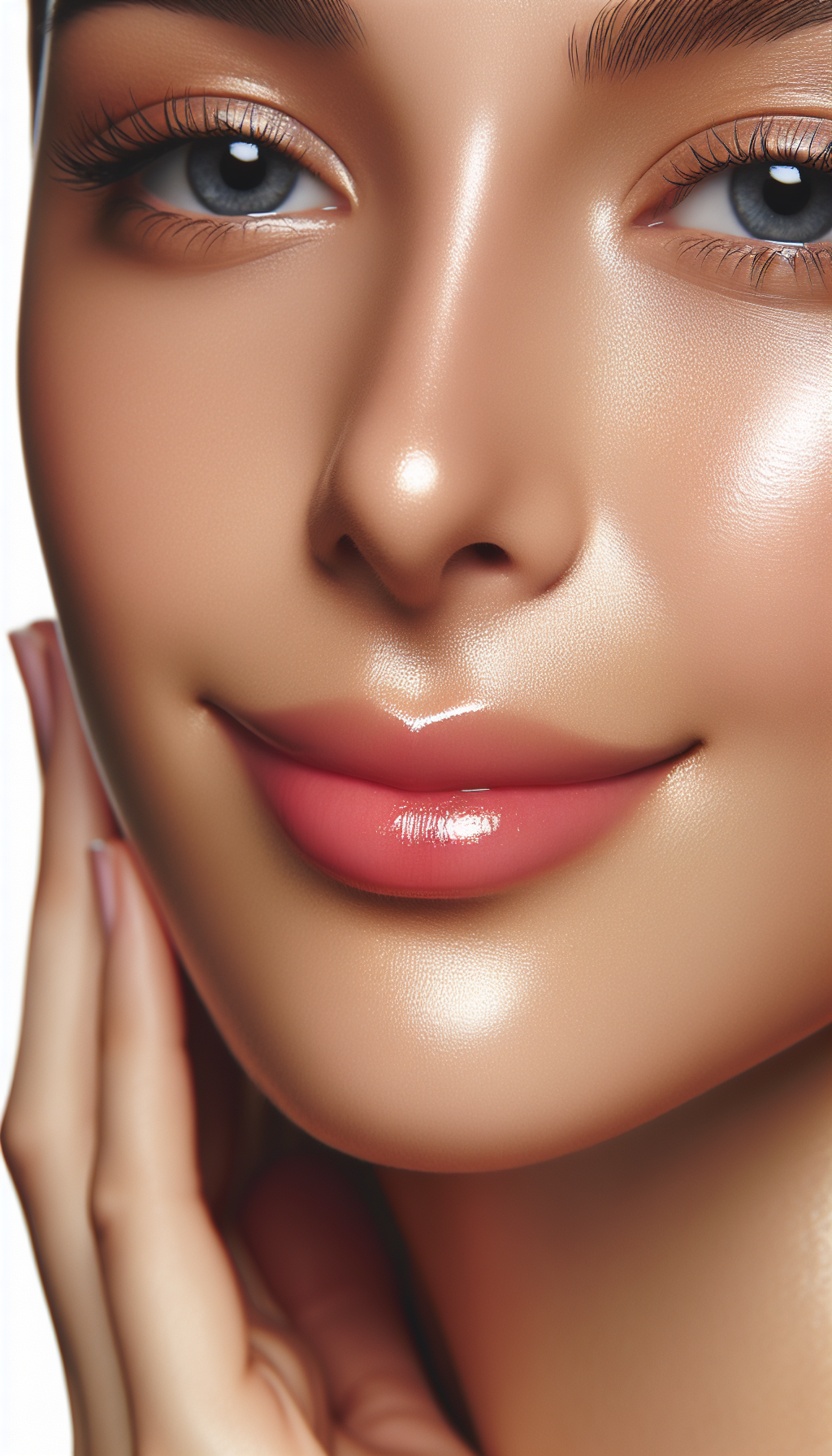Good sleep is foundational to overall well-being, affecting everything from cognitive function to cardiovascular health. However, one aspect of health that is often overlooked in discussions about sleep is skin health. The quality of sleep you get regularly can profoundly affect the aging of your skin, as well as its ability to rejuvenate itself. At Avix Health, we’re committed to exploring the comprehensive effects of lifestyle choices on various aspects of health, including the pivotal relationship between sleep and skin.
The Science of Sleep and Skin Connection
Sleep serves as the body’s time to repair and regenerate. During this period, blood flow to the skin increases, and the organ rebuilds its collagen and repairs damage from UV exposure, reducing wrinkles and age spots. Poor sleep quality can lead to increased stress hormones in the body, which in turn can increase the severity of skin conditions such as acne or psoriasis.
Moreover, chronic sleep deprivation has been associated with a decrease in the skin’s ability to retain water, leading to dryer skin and more prominent wrinkles. To understand this better, let’s delve into the stages of sleep and how they contribute to skin health. For a more in-depth discussion on the subject, consider reading our comprehensive guide on Skin Health.
The Stages of Sleep:
- NREM (Non-Rapid Eye Movement): This sleep stage is critical for physical repair. During NREM, growth hormones are released, which are essential for repairing and regenerating tissues, including the skin.
- REM (Rapid Eye Movement): REM sleep is where most dreaming occurs. It’s less understood how REM directly affects skin health, but it is believed to play a role in emotional and mental balance, which can indirectly affect skin appearance.
Sleep Quality and Skin Aging
Aging is an inevitable process, but its pace and the extent can be influenced by various factors, including sleep. Sleep deprivation can lead to increased levels of cortisol, the stress hormone that can break down skin collagen, the protein that keeps skin smooth and elastic. This loss of collagen makes it more difficult for skin to bounce back, leading to permanent wrinkles and sagging.
For those interested in the science of maintaining skin elasticity and firmness as they age, our article on Steps for Improving Skin Elasticity as You Age provides valuable insights.
Sleep and Skin Rejuvenation
During sleep, your skin’s blood flow increases, allowing for the repair of damage from UV exposure and other environmental factors. This is also the time when your skin can benefit from the products you use; nourishing creams and serums are better absorbed and can work more effectively to rejuvenate the skin. To complement your sleep routine, understanding the Role of Antioxidants in Skin Care: Prevention and Repair can significantly enhance your skin’s ability to rejuvenate nightly.
Tips for Enhancing Sleep Quality for Skin Health:
- Maintain a Regular Sleep Schedule: Going to bed and waking up at the same time every day sets your body’s internal clock to expect sleep.
- Create a Restful Environment: Ensure your bedroom is cool, quiet, and dark. Consider blackout curtains or eye masks to block light.
- Limit Exposure to Screens: The blue light emitted by phones, tablets, and computers can disrupt your circadian rhythm.
- Incorporate Relaxation Techniques: Activities like reading, taking a warm bath, or meditation can help signal to your body that it’s time to wind down.
External Resources on Sleep and Skin Health
To further understand the intricate relationship between sleep and skin, there are highly specific resources available that delve into the nuances of this connection:
- A scholarly article on the National Institutes of Health database discusses the molecular mechanisms behind skin aging and sleep.
- The Sleep Foundation provides a wealth of information on sleep hygiene practices that can improve overall sleep quality.
- Research on the American Academy of Dermatology website sheds light on how sleep affects various skin conditions.
By integrating the knowledge from these resources with daily practices, one can significantly improve not only the quality of their sleep but also the health and appearance of their skin.
Conclusion
The link between sleep and skin health is undeniable. With proper sleep hygiene, you can help your skin repair and rejuvenate itself more effectively, slowing down the aging process and promoting a healthier, more vibrant complexion. Remember to incorporate a regular sleep schedule, create a restful environment, and adopt relaxation techniques to maximize your sleep quality. By paying attention to your sleep, you’re not only investing in your skin’s appearance today but also its health for the future.
For more advice on skincare and general health, explore the wealth of articles available on Avix Health, including discussions on Sensitive Skin Care, Skin Hyperpigmentation, and the Benefits of Mud Masks for a comprehensive approach to skin wellness.



